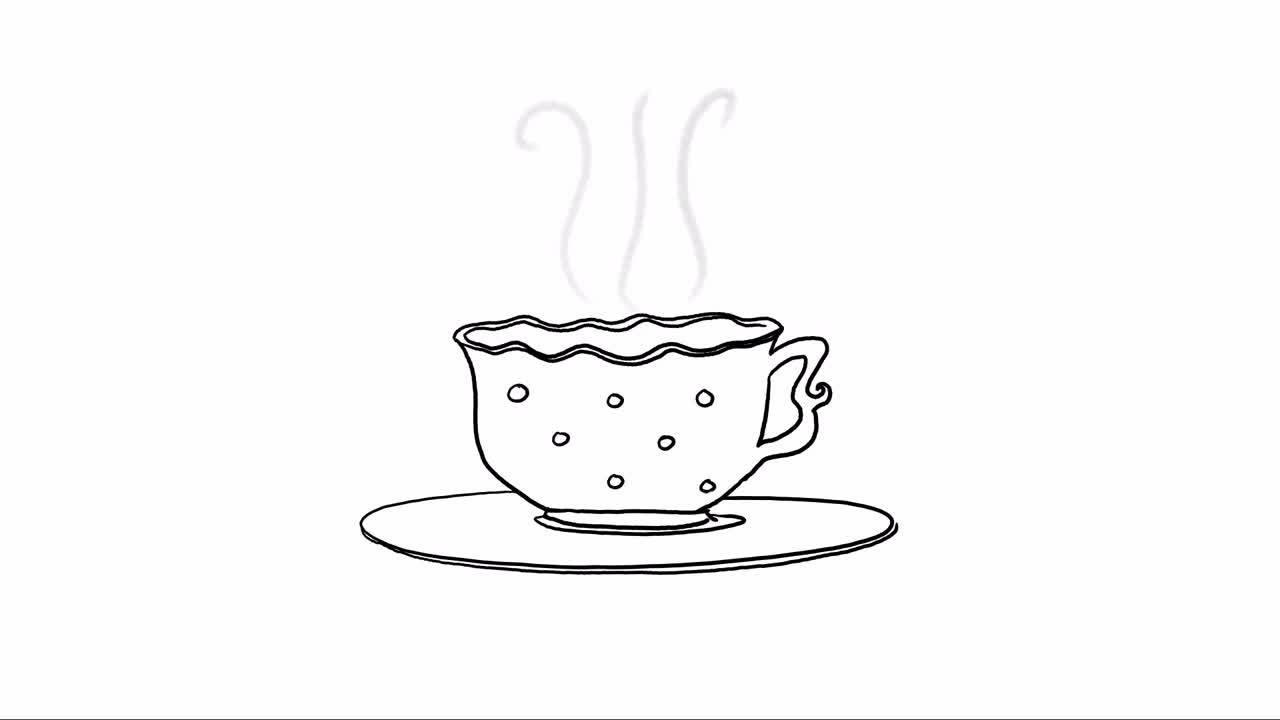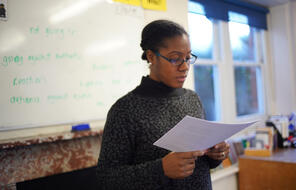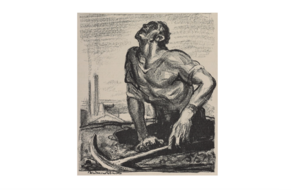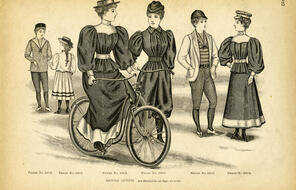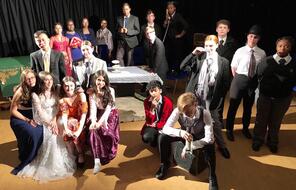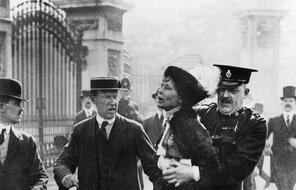
Eric's Decisions and Consent
Duration
Two 50-min class periodsLanguage
English — UKPublished
Overview
About this Lesson
In the previous lesson, students explored the character of Mrs Birling, assessing which factors impacted her treatment of Eva Smith and constructing a graphic representation of her universe of obligation based on her words and actions in the play. Such exploration deepened student understanding of her character, and of the impact that society and identity have on shaping our choices and behaviour towards others.
In this lesson, students will continue to consider the impact of our choices and actions on others, whilst also thinking about the role that power plays in the decision-making process. Power, or the abuse of power, in An Inspector Calls is central to the characters’ interactions with Eva Smith (and each other). It is vital for students to consider this theme in the play and also examine how power can influence how they communicate and interact with others in their own lives. Once students understand the complexity of power, they can reflect on the power they possess in their lives and understand how, when regarded responsibly, power can be used as a force of good.
Students will also consider the role power plays in the interactions between characters of An Inspector Calls, focusing especially on the relationship between Eric and Eva. The interactions between Eric and Eva provide a lens through which students can examine the connection between power and responsibility. Eric’s sexual assault of Eva, implied in the dialogue in Act Three, reveals that Eric abused his position of power and provides the opportunity to discuss with students the issue of consent. As some students studying this text will be of the age in which they may be embarking on relationships, it is vital to have discussions about consent with them – it is a complex issue and one that requires attention and thought. However, given the potential difficulty of this topic, it is important for the classroom to be an environment in which students feel safe, and for the teacher to be prepared in case the topic touches on any trauma that the students have experienced.
In addition to reading the play, students will read an excerpt from the victim statement of Chanel Miller, the woman who was assaulted by Brock Turner in California in 2015. The excerpt used in this lesson does not touch on the graphic nature of the assault; rather, it focuses on the victim’s desire for the perpetrator to take responsibility for his actions. We advise against sharing the statement in full as there are elements which are quite disturbing. Students will then have the opportunity to discuss consent scenarios in groups before reflecting in their journals.
Students will also watch a video on consent which is promoted by Thames Valley Police. This video approaches consent by comparing it to offering tea. This simplistic approach, whilst effective, can be problematic in how it turns the topic of consent into a potentially humorous subject. If you do show students this video, discuss the post-viewing questions, which include thinking about any potential criticisms of the video.
The activities in this lesson refer to pages 50–5 of the Heinemann edition of An Inspector Calls.
Preparing to Teach
A Note to Teachers
Before teaching this lesson, please review the following information to help guide your preparation process.
Lesson Plans
Part I Activities
Part II Activities
Extension Activity
Materials and Downloads
Quick Downloads
Download the Files
Unlimited Access to Learning. More Added Every Month.
Facing History & Ourselves is designed for educators who want to help students explore identity, think critically, grow emotionally, act ethically, and participate in civic life. It’s hard work, so we’ve developed some go-to professional learning opportunities to help you along the way.
Exploring ELA Text Selection with Julia Torres
On-Demand
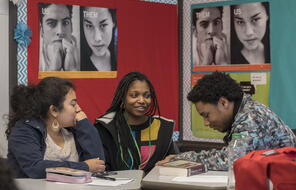
Working for Justice, Equity and Civic Agency in Our Schools: A Conversation with Clint Smith
On-Demand

Centering Student Voices to Build Community and Agency
On-Demand





